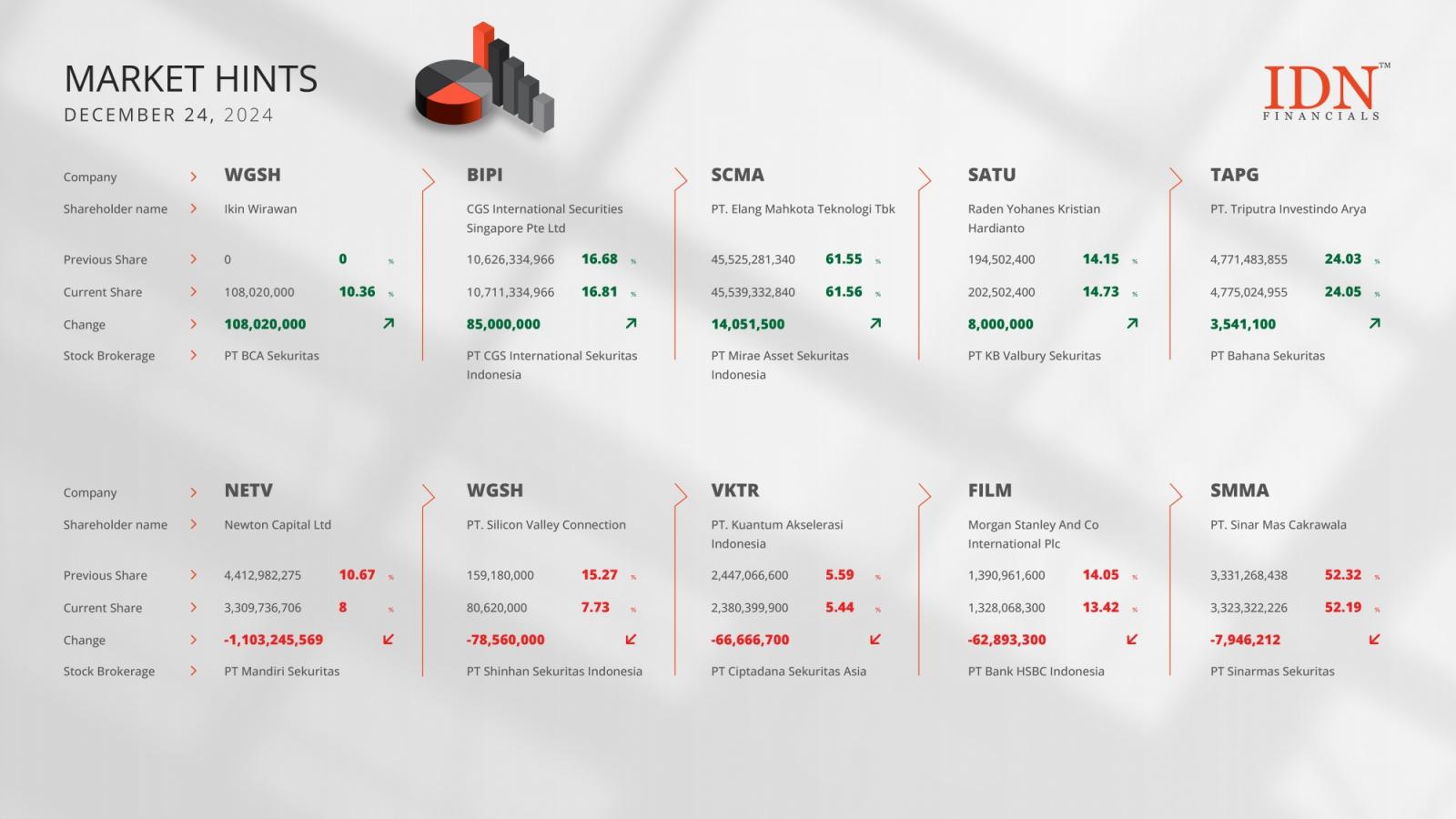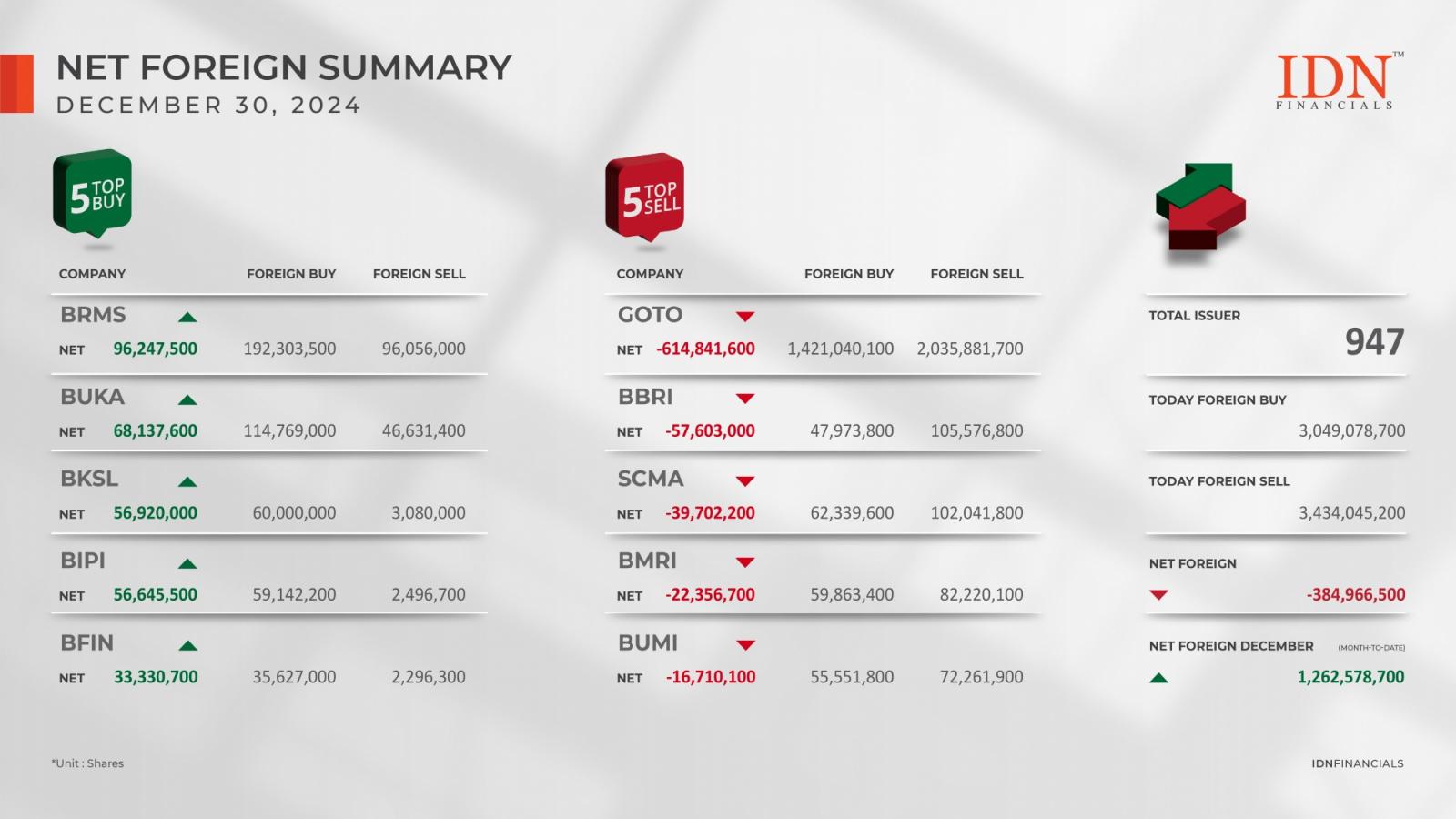Mt. Gox, the Japanese crypto exchange that collapsed in 2014, transferred a further $2.5 billion more bitcoin on Wednesday, according to Arkham Intelligence data.
It is estimated that 59,000 of the recovered 142,000 Bitcoin has been distributed to creditors using the Kraken and Bitstamp cryptocurrency exchanges, according to data tracked by blockchain analytics firm Glassnode.
Mt.Gox Distributions Larger in Scale Than ETF Inflows
“When comparing the size of distribution over the last 2 months, from the Mt.Gox estate to other large entities, we can see that these distributions are already larger in scale than the ETF inflows, issuance to miners, and sell-side by the German Government,” notes Glassnode.
Following the move bitcoin price dipped below $65,656 down 1.13% on Wednesday at press time. Bitcoin’s price is struggling to surpass the $70,000 mark.
Creditors Choose to HODL
Despite the distribution, many creditors are choosing to HODL on to the Bitcoin. HODL is a crypto term meaning to buy and hold indefinitely.
“The profile of the creditors appears to represent one of a HODLer or long-term investor… dampening the magnitude of sell-side pressure across the coming weeks,” notes the Glassdoor report.
The repayment process involves distributing over $9.4 billion worth of Bitcoin and Bitcoin Cash to approximately 127,000 creditors. Kraken and Bitstamp are chosen as the designated crypto exchanges to handle the redistribution of creditor funds.
Mt. Gox Collapse Triggered Years of Legal Proceedings
The repayments are being made after a decade since the exchange collapsed. The collapse of Mt. Gox triggered years of legal proceedings and efforts to recover the lost assets.
In 2018, approximately 200,000 Bitcoins were recovered, initiating a lengthy rehabilitation process under the oversight of a court-appointed trustee. Creditors have since been awaiting compensation, with multiple delays frustrating the process.
Details of the repayments, including the proportion of assets distributed and the timeline for completion, are closely watched by the crypto community.
From a psychological perspective, this represents the final chapter in a major market overhang over the industry since 2013, notes Glassnode.





